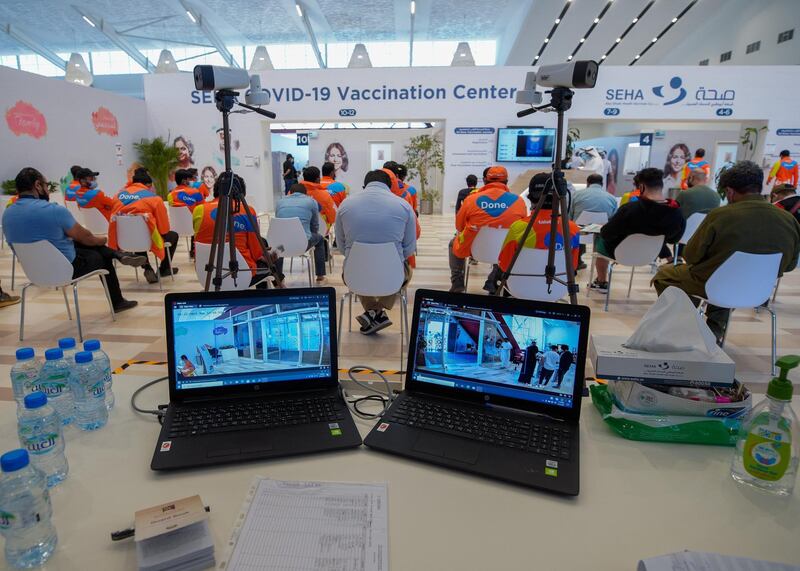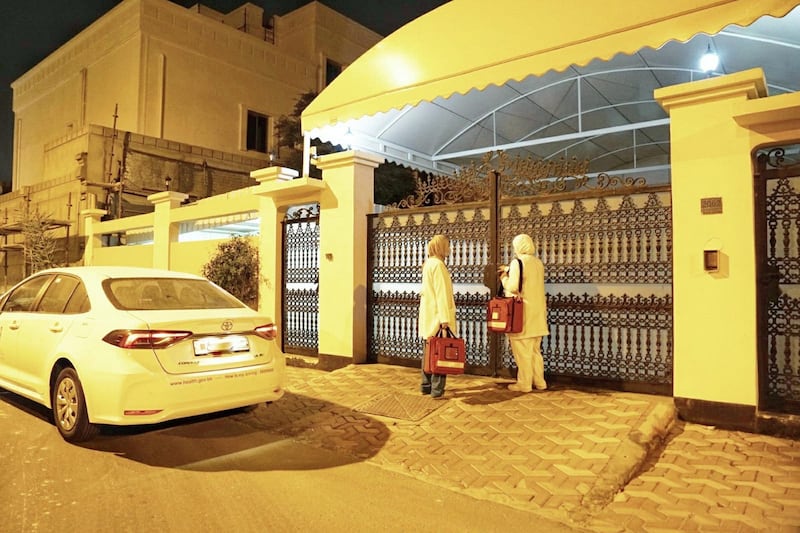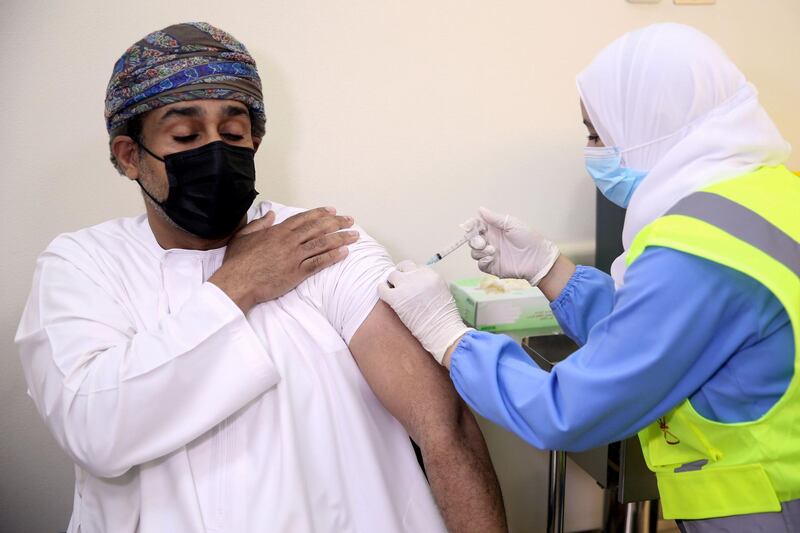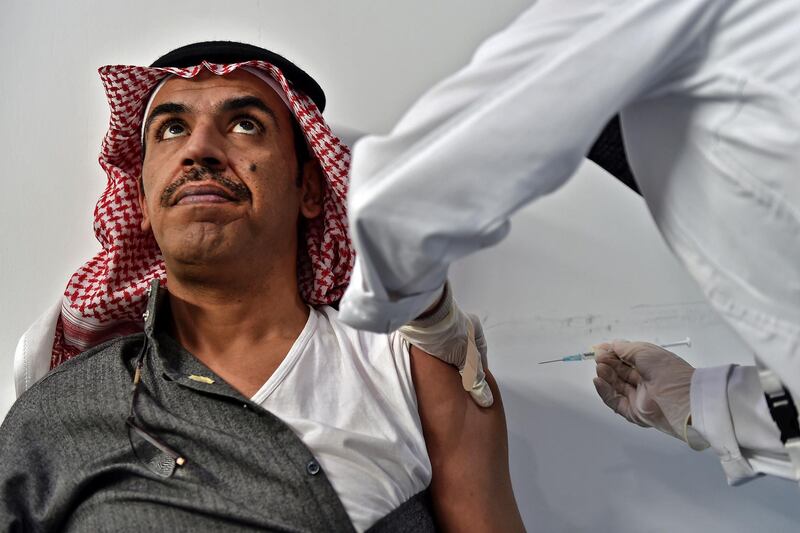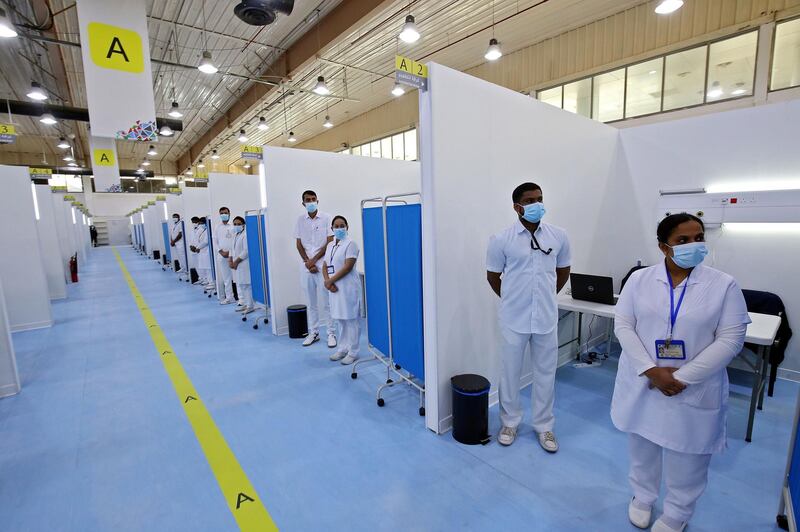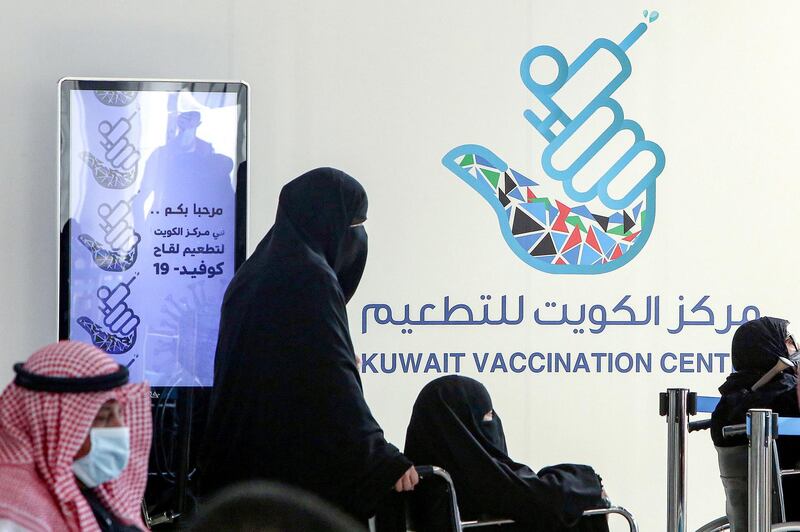Omani citizen Khalifa Al Saadi is three days into a one-week Covid quarantine in a Muscat hotel room and feelings of captivity are starting to set in.
He landed in Oman after a two-week holiday in Tanzania and was taken straight to the Ibis Hotel in Muscat, despite testing negative for Covid-19 on arrival.
“It is very suffocating to live in a hotel room and away from your family," said Mr Al Saadi, 36, civil servant.
"I can look down from my window and see a full life in the streets and I cannot be part of it.
"I chose this hotel because it is just a few streets from my house. My family are so near but yet so far away."
Oman introduced the seven-day hotel quarantine requirement for all arrivals from February 15 to control the spread of infection.
The Ministry of Health listed more than 20 hotels in which inbound passengers can quarantine, with different options to suit varying budgets.
The cheapest is 22 rials ($55) a day and the most expensive is 45 rials a day, which includes three meals.
In another hotel, Sam Mears, 42, a British resident in Oman who arrived through Dubai from the UK, said he also felt like a captive.
“I feel like a bird in a cage in a five-by-four-metre room," Mr Mears said.
"All meals are in the room and I have to pay 45 rials a day for what feels like a seven-day jail sentence.
"I am allowed in a swimming pool for a very limited time and the gym as well, but it is very scary to get into one of those in case I contract the virus from other guests.
“On top of my misery, I have to work online for my office since I have several deadlines during the week I am in this prison."
Oman on Wednesday reported five deaths from Covid-19, the highest since December 20.
A day earlier, there was a single-day surge of 337 infection cases, the highest this year.
Last week, the health ministry said doctors detected about 200 people with the new UK variant of the virus.
Seeraj Sampat, 26, from India, went to Oman to visit his family but did not have time to see them.
He was escorted straight to a bus and taken to his hotel after checking out of the terminal building.
“I have not seen my parents for more than a year after my graduation from Delhi University," Mr Sampat said.
"I was looking forward to it. Now I am in this prison doing time like a convict and my father has to pay the bill.
"I tested negative in India and yesterday the medical people in Oman sent me a message to say I don’t have the virus but I am still here.
"I spent the day reading a book and the evening watching television. What else can I do?”
On Thursday, Oman reported 288 new coronavirus cases with no new deaths.
A total of 138,494 people have been infected in the country so far while the death toll from the virus is 1,549.
Twenty-four coronavirus patients were admitted to hospitals in the past 24 hours. There are now 155 patients in hospital, of which 56 are in intensive care.
Oman this month began the second phase of vaccinations after receiving 100,000 doses of the Oxford-AstraZeneca vaccine made under licence by the Serum Institute of India.
The sultanate began its first vaccination campaign using Pfizer-BioNTech inoculations on December 7, reaching 30,000 people.




